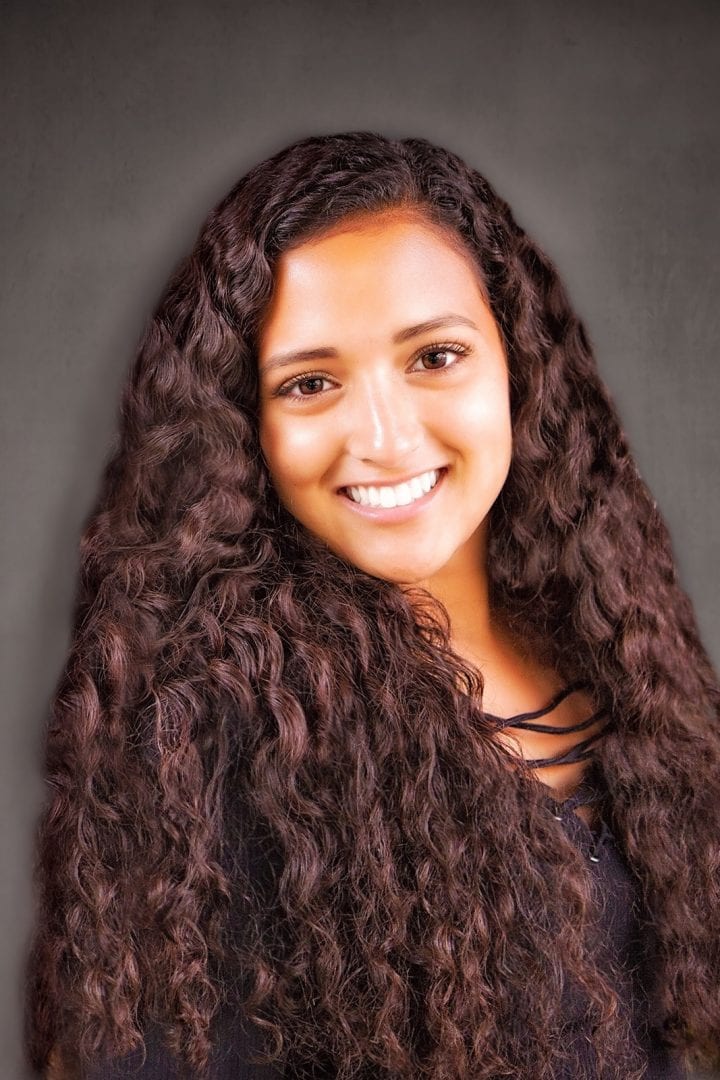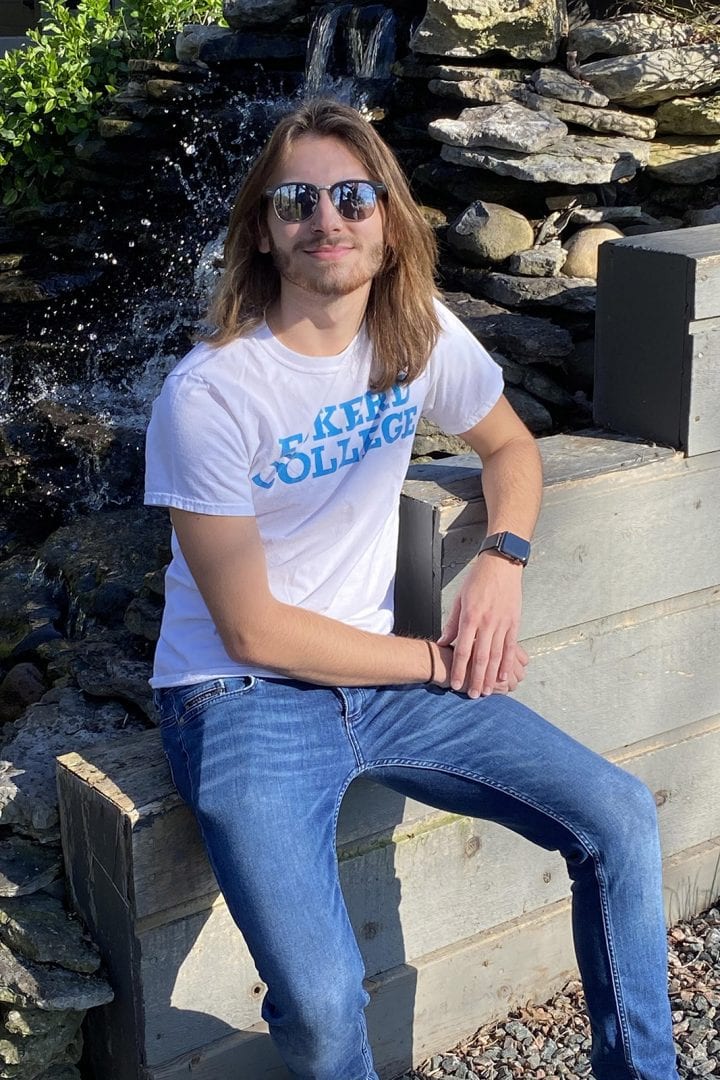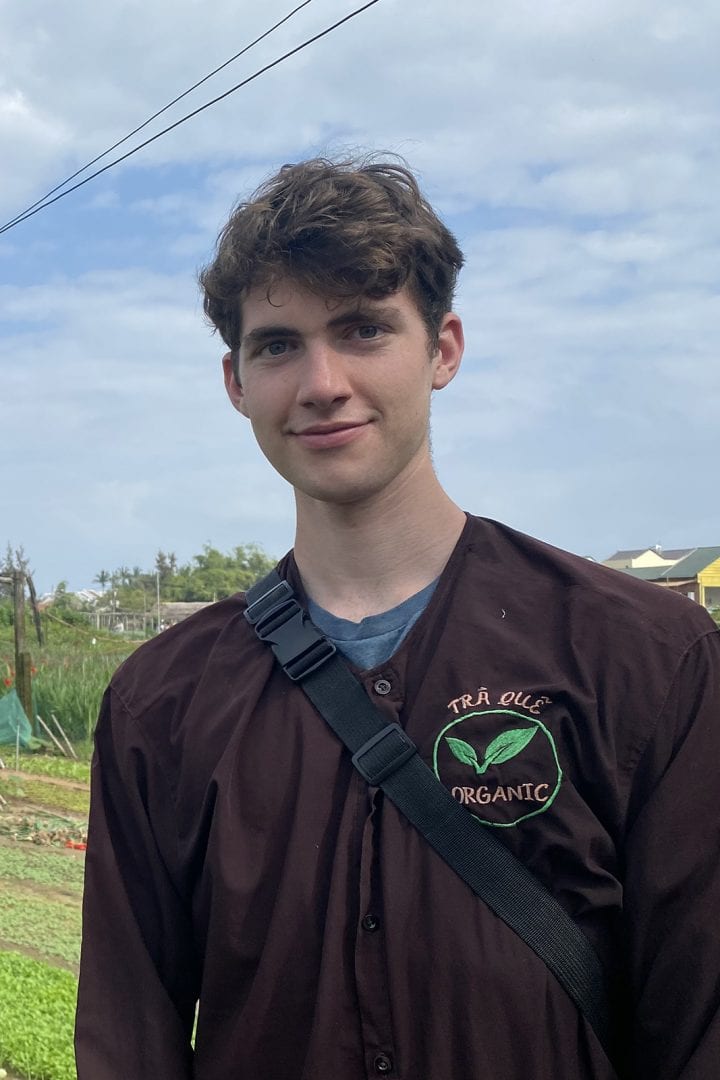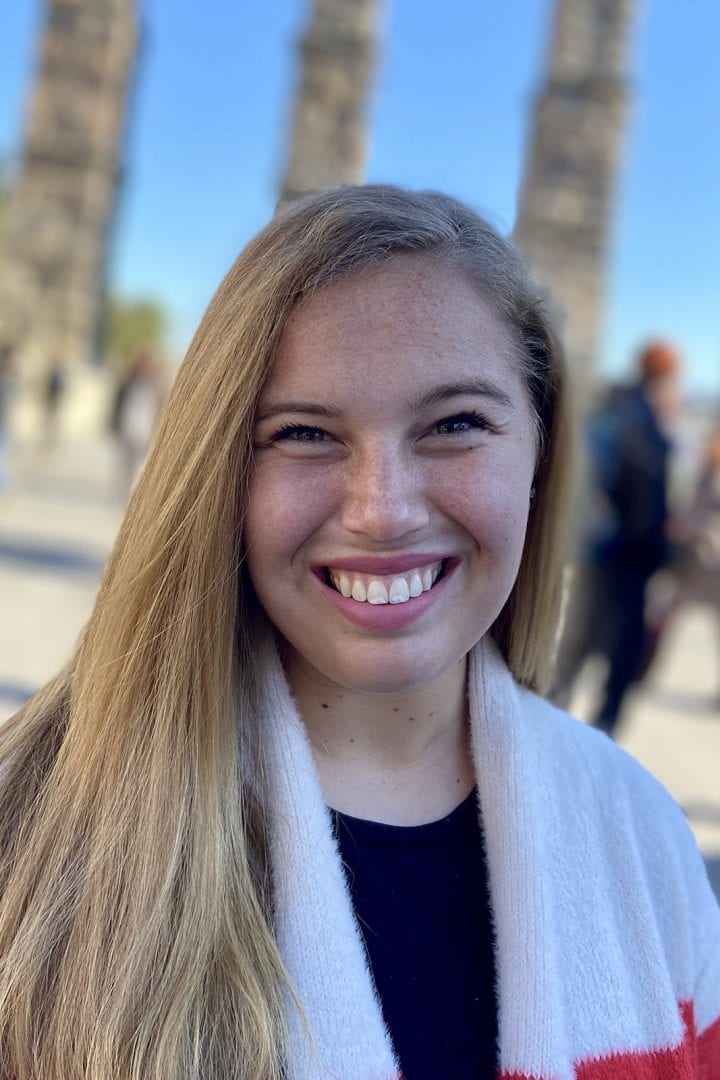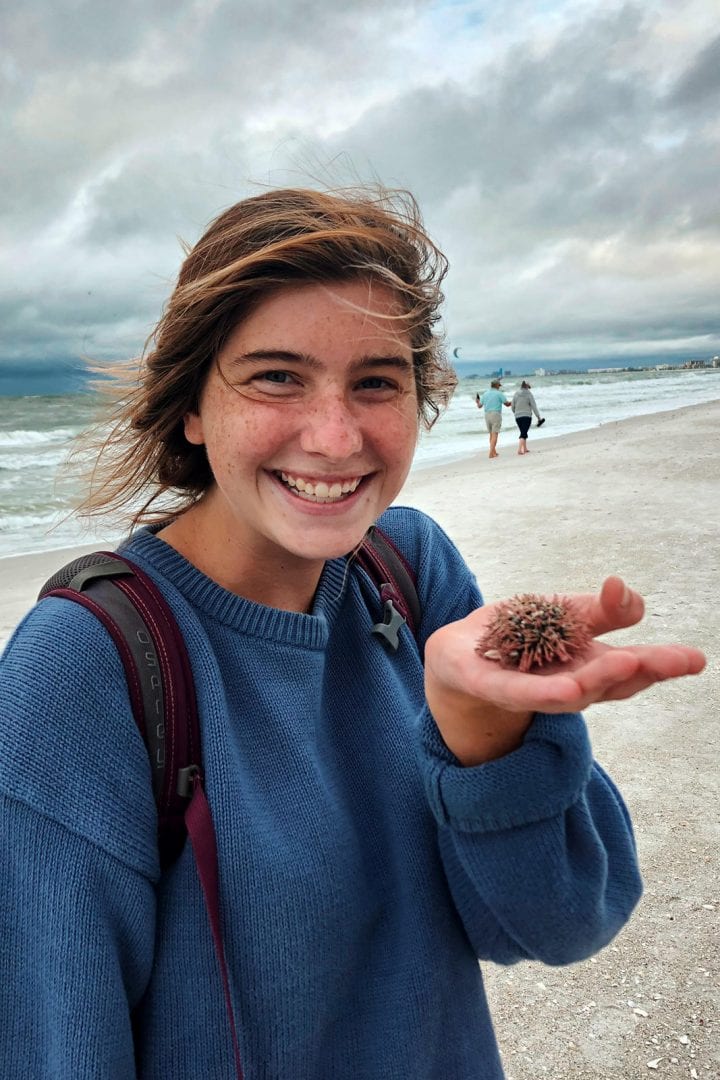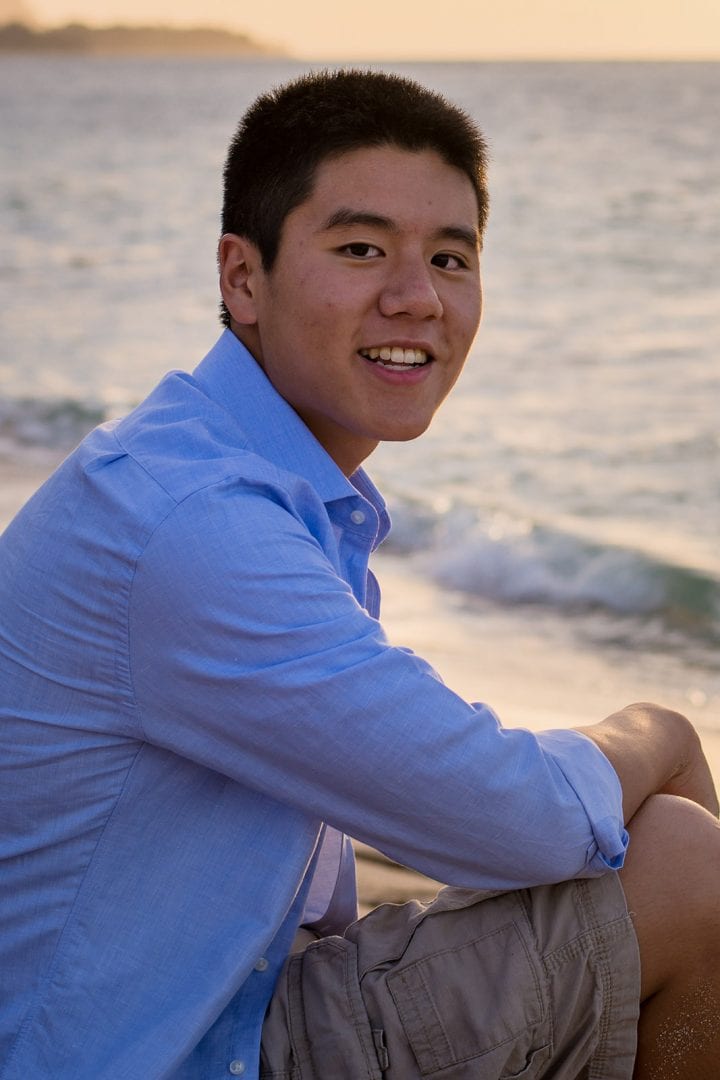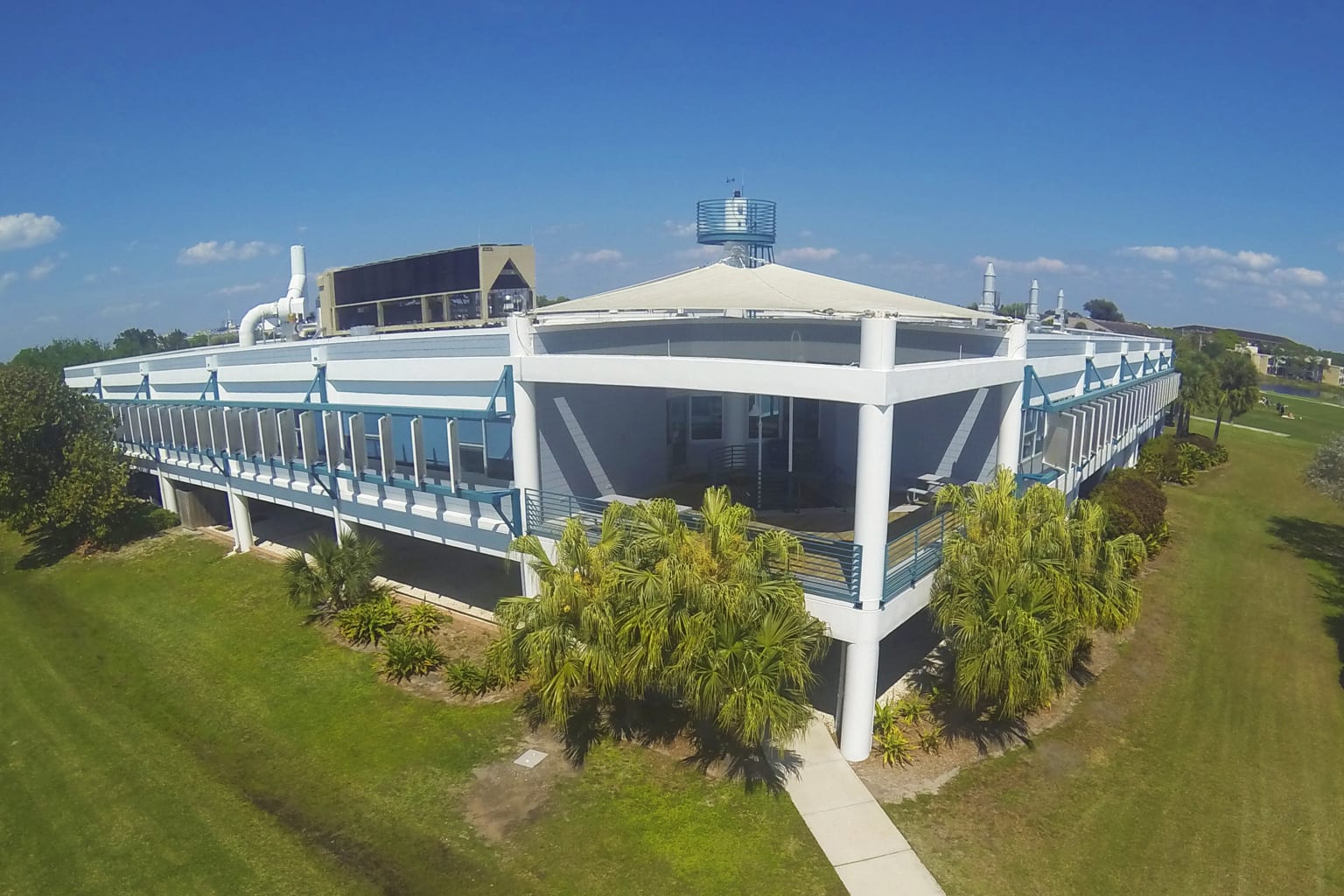
All six scholarship winners are majoring in marine science; a few are also majoring in animal studies, biochemistry, computer science and Spanish.
Max Miller must have hit refresh a dozen times during his early-morning, remote Physics lecture before the words on his application for the National Oceanic and Atmospheric Administration (NOAA) Ernest F. Hollings Undergraduate Scholarship changed from “processing” to “selected.”
“I immediately exited the lecture to scream across the house to my parents that I got it,” recalled Max, a sophomore marine science and biochemistry student from Georgetown, Indiana. “I wouldn’t have been able to focus on the rest of the lecture anyway.”
In early April, six Eckerd College students won the 2020 NOAA Hollings Scholarship, which provides up to $9,500 per year for two years of full-time study and a 10-week, full-time, paid internship at a NOAA facility for summer 2021. Since the program launched in 2005, Eckerd has had 95 recipients, the most in the nation.
Along with Max, this year’s Hollings Scholars from Eckerd include the following sophomores: Hana Koilpillai, a marine science and animal studies student from Northville, Michigan; Mathias James Stamper, a marine science student from Terre Haute, Indiana; Nicole Vandale, a marine science student from Holden, Massachusetts; Renee Veldman, a marine science and Spanish student from Stevensville, Michigan; and Mark Yamane, a marine science and computer science student from Seattle, Washington.
Scholarship winners Hana Koilpillai, Max Miller, Mathias James Stamper, Nicole Vandale, Renee Veldman and Mark Yamane.
Students credited undergraduate research opportunities and mentoring from Eckerd’s Fellowship and Scholarship Advisor Kathleen Robinson, Ph.D., with helping them secure the coveted award given to around 120 qualified U.S. second-year college students a year.
“I have worked closely with Dr. Amy Siuda and Dr. Shannon Gowans on their research, analyzing microplastic concentrations in Tampa Bay and in the guts of copepods and manatees, since the beginning of my first year,” Nicole Vandale explained. “Without these research experiences, I would likely not have been selected for the scholarship … Eckerd has given me so many opportunities that not many undergraduates get at this point in their education.”
Classroom experiences, as well as, internships are what set Eckerd students apart.
“I’ve always really liked working with computers. When I started learning about computer science at Eckerd, I became interested in different applications of machine learning in marine science,” said Mark Yamane. “During my Research Experience for Undergraduates last summer, I learned that manual labor is a big limitation in creating datasets for things like population modeling, so automating fish identification would have a lot of potential in this field.”
NOAA offers the award in the hopes of advancing undergraduate training in oceanic and atmospheric sciences and to recruit students for careers in public service.
Mathias Stamper shared his first-ever chest bump with his mom over the good news. “Being raised as a Hoosier in Indiana, there weren’t many places for me to learn about marine science and the oceans, but I did have a local saltwater fish store,” he admitted. “In high school, I would go there at least once every week after school and just observe the reef aquariums and be entranced by the diversity of life that could be found in such a small volume of saltwater. I have since been extremely intrigued by the ocean and just learning more about its reef ecosystems.”
Winners will complete an internship in the summer of 2021 at a NOAA research facility. “My dream placement would be either in Puerto Rico or Alaska,” said Renee Veldman. “I would love to study estuaries with one of NOAA’s offices in Puerto Rico, and it would be a great opportunity to practice my Spanish. On the complete opposite side of the spectrum, I would also love to be placed in Alaska, as it is the perfect location to study so many emerging issues—such as climate change, sea-ice loss and ocean acidification.”
Before then, students will have to complete an orientation with NOAA and return to Eckerd next academic year to continue their journey into research.
“When I began my college search, I was already set on attending a school in Florida to study marine biology,” said Hana Koilpillai. “My mom heard about Eckerd College, and when we came down to visit, I fell in love with the campus and knew that Eckerd was where I belonged.”





